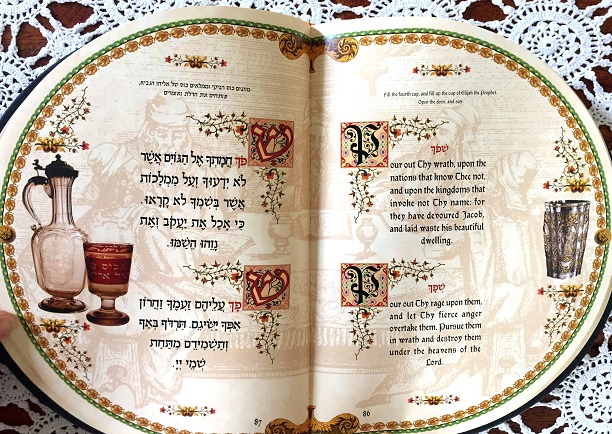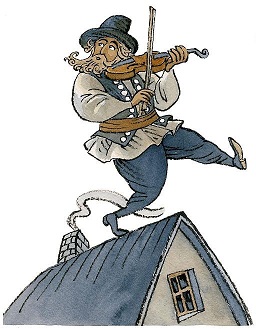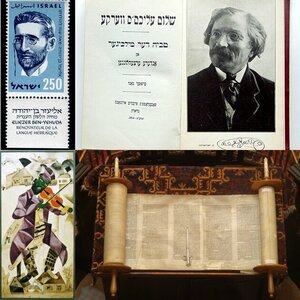Jewish Studies
Jewish Studies
Jewish Studies is a broad field that includes the study of the history, culture, religion, languages and literature of the Jewish people from ancient to modern times. The approach to Jewish Studies is interdisciplinary and involves a variety of combinations of studies in religion, languages, history, sociology and literature. Jewish society, texts, ideologies and institutions are studied in relation to the surrounding societies and cultures.
Some examples of current research areas within Jewish Studies are the study of Second Temple Judaism including the early Jesus movement, the emergence of Rabbinic Judaism, rabbinic literature, Jewish literature and culture in medieval Spain, the medieval shtetls of eastern Europe, Jewish mysticism, Hassidism, Zionism and modern ultra-orthodox society.
Centre for Theology and Religious Studies has recently revived the PhD program in Jewish Studies. The graduate program is divided into four subfields: history and literature of ancient Judaism, medieval Jewish history and literature, early modern Jewish history and modern Judaism.

The scope of Jewish Studies
Jewish Studies is a subject that focuses on Judaism’s and the Jewish people’s historical, cultural, religious and literary expressions and experiences. In order to illuminate and understand this religious and cultural diversity from biblical times to the present day, Jewish Studies has an interdisciplinary approach in which history, literary studies, religious studies and sociology are some of the important cornerstones. Jewish Studies also includes language studies and within the scope of the subject at Lund University you can study Biblical Hebrew, Modern Hebrew and Yiddish as a complement to the range of courses offered.Programmes and courses
The undergraduate and Master’s programmes in Jewish Studies, which are conducted at the Centre for Theology and Religious Studies (CTR), offer a broad introduction to Judaism’s historical, cultural, religious and literary expressions. The studies cover classical, mystical and political texts, religious practice and religious thought, Jewish history, culture, humour and identity with a main focus on two periods: the classical rabbinic period and the modern period. The courses at CTR are generally conducted in the form of campus teaching in Lund and as online distance education.Jewish history can be divided into several main epochs: Judaism’s rise and earliest history; second temple Judaism in which both the Jesus movement and Rabbinic Judaism have their roots; the classical rabbinic period from which all modern forms of Judaism have stemmed; the medieval period and the early modern period with its codification of religious law and growing interest in language, philosophy and mysticism, and the modern period from the mid-1700s onwards during which Judaism’s modern religious, cultural and political directions developed against a background of enlightened and emancipationist thinking.
The classical rabbinic period (70–600) saw the development of the Mishna, Talmud and Midrash literature, works that are categorised under rabbinic literature and which marked all later development of Judaism. Rabbinic Judaism emerged from the interaction with other Jewish groups, of which some were Jesus-oriented. A part of the New Testament’s books can therefore be said to constitute a part of Judaism in the first centuries CE, a period that is consequently important for both Judaism’s and Christianity’s origins and development.
In addition to the range of courses offered within Jewish Studies, there are freestanding courses within the scope of the Master’s programme, The Religious Roots of Europe, which covers the development of Jewish culture and literature in relation to Christianity and Islam between the years 70 and 800, and “material culture” in Israel/Palestine between the years 70 and 1000.
Modern Judaism has its starting point in Western emancipationist and enlightened thinking with clear roots in the medieval period’s Jewish life, thinking and interaction with Islam and Christianity. The Jewish pluralism that arose as a result is studied in courses on Jewish religious life today, Jewish history, humour, Zionism and mysticism, as well as several courses that cast light on the Holocaust from various perspectives (some of these courses are held by departments other than CTR), which can be studied at the undergraduate and Master’s levels.




